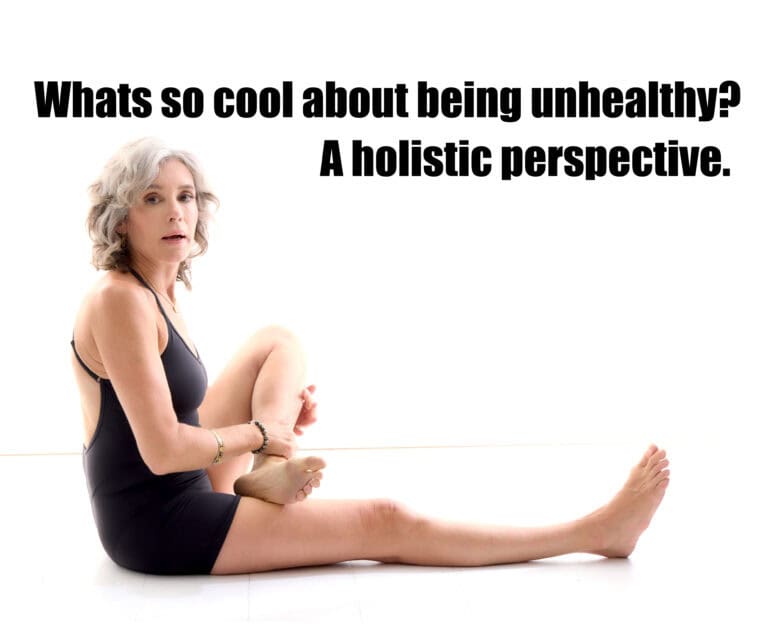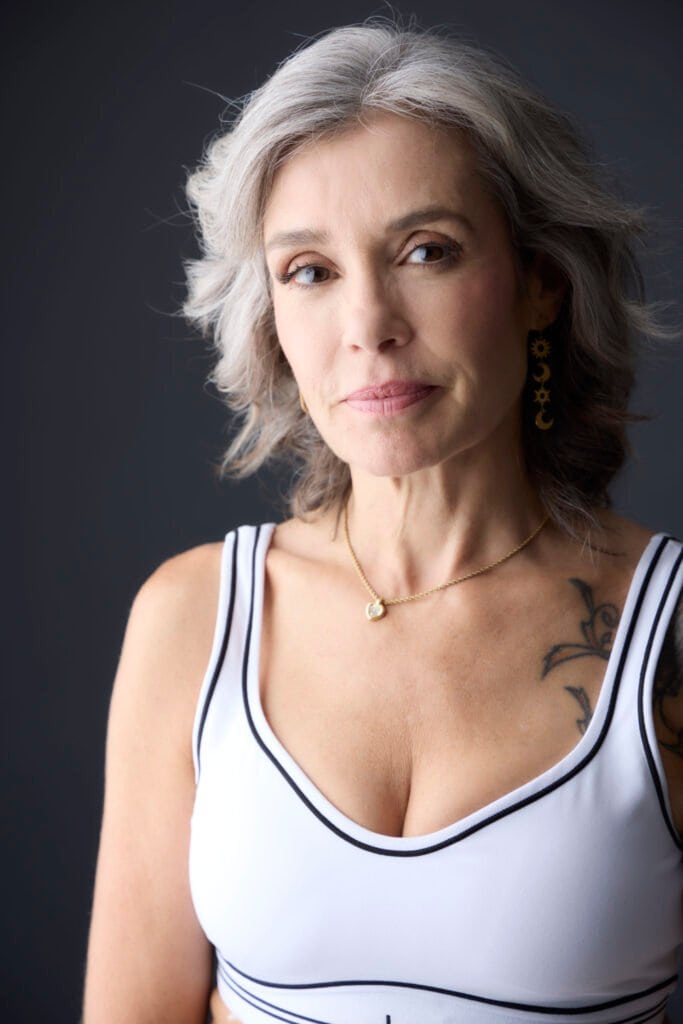In Western culture unhealthy lifestyle choices are often perceived as “cool,” while healthy habits are frequently dismissed as mundane or boring.
What is at the heart of this uncool image of positive healthy choices?
This mindset is deeply rooted in societal conditioning and is reinforced through various forms of media, advertising, and even social practices. But why do we gravitate towards these delusional “cool”activities, and how can we shift this narrative?
The Allure of Unhealthy Choices;
The appeal of unhealthy lifestyle choices can be attributed to several factors:
- Media and Rock and Roll: Movies, TV shows, and advertisements underpin and often promote unhealthy behaviours as cool. The rock and roll lifestyle – the mythical story of rebellion, antiestablishment youth.
- Often projected as a rite of passage, from boy to man, that is simple manufactured by culture and doesn’t need to be there.
- The good looking bad boy in films and tv ,heroes high on alcohol and drugs, having a great time !!. However, often the real story is sadly of lost youth, of depression and the seeking of an alternative away from the restrictive, boredom of modern life, the societal pressures to “fit in”. Reference Trainspotting a working class iconic tale of 90’s youth culture pushing back against the pressures of convention.
- The F*** It narrative: Often self hatred, low self value. This is a common thread as to why individuals check out of good health, they don’t see that they deserve to feel good, to be better. It’s a form of violence against the self. This is often attributed to sexual abuse, mental abuse, social issues are a powerful undercurrent that feeds into unhealthy habits, alcohol and drug abuse as an escape, offering a window to “forget about it all”.
- Instant sensory Gratification : Unhealthy foods, alcohol, drugs , like sugary snacks or fast food, offer immediate pleasure. They are designed to be hyper-palatable, making them hard to resist. This quick fix feeding desires sharply contrasts with the long-term benefits of healthy eating, which require patience and discipline.
- Social Norms and Peer Pressure: From a young age, children are often rewarded with sweets or taken to fast-food chains for celebrations. These practices establish a norm where unhealthy choices are associated with joy and reward!!!!. As adults, this translates into social settings where indulging in alcohol is a common way to bond. Social gatherings in Pubs and Bars, raising a glass of alcohol as a reward a celebration.
What does this tell us about society? Alternative Perspective.
This tendency to scoff at healthy lifestyles reflects a broader societal issue where short-term pleasures are often prioritised over long-term well-being. It suggests a need for a cultural shift towards valuing health and sustainability.
A more society wide holistic perspective, a responsibility to live together, a narrative from the heart. Therapies that don’t just push the problems around the room, but encourage self-respect, self-worth and the value of individuals as a contributor to a greater collective and wellbeing of everyone.
I reference projects like yoga and meditation in prison projects encouraging compassion in the most difficult of situations with traumatised individuals. These projects have shown us that there is good in everyone, and positively contribute to change. We need more of this!
By creating environments that make healthy choices more accessible and appealing, we can start to change the narrative. Imagine a world where choosing an apple over fries is seen as a mark of sophistication and self-respect rather than deprivation.
How can we Change the Narrative?
With rising rates of obesity and health issues, addiction to alcohol and ever-expanding social drug issues, we need to reconsider how we view and promote lifestyle choices. Here are some actionable steps:
- Education and Awareness: Schools and communities should prioritize education about the benefits of healthy living. This includes not just the physical benefits but also mental and emotional well-being.
- Priorities: Encouraging the health of individuals as a priority, a subject of education in itself at school. Happier more balanced individuals are more likely to choose more balanced life paths, to make better choices.
- Practical education: Cooking, growing vegetables, understanding ingredients, value of animals in the food chain. An increase in “take away dinners” means less cooking at home. Where can the next generation of healthy eaters learn more about food if this is not a priority in schools and education centres?
- Yoga and Meditation: in schools, prisons, care facilities country wide.
- Positive Reinforcement: Celebrate healthy choices in the same way we celebrate birthdays with cake. This could mean organizing events or rewards that promote physical activity or social gatherings in spaces that have healthy food choices.
- Role Models and Influencers: Encourage public figures and influencers to model and advocate for healthy lifestyles. When popular figures showcase healthy living as desirable, it can shift public perception.
What Does This Tell Us About Society?
This tendency to scoff at healthy lifestyles reflects a broader societal issue where not only are short-term pleasures are often prioritized over long-term well-being. It suggests a need for a cultural shift towards valuing health and sustainability as an increase in overall self value and respect.
A growing undercurrent of youth culture turning its back on the out-dated social norms; rising numbers of vegan and vegetarians, community saunas, gym culture is at an all time high. Increase in the non alcoholic drinks market all show signs that the tide is turning and being healthy could it start being a cool trend!? What are your thoughts on this?


